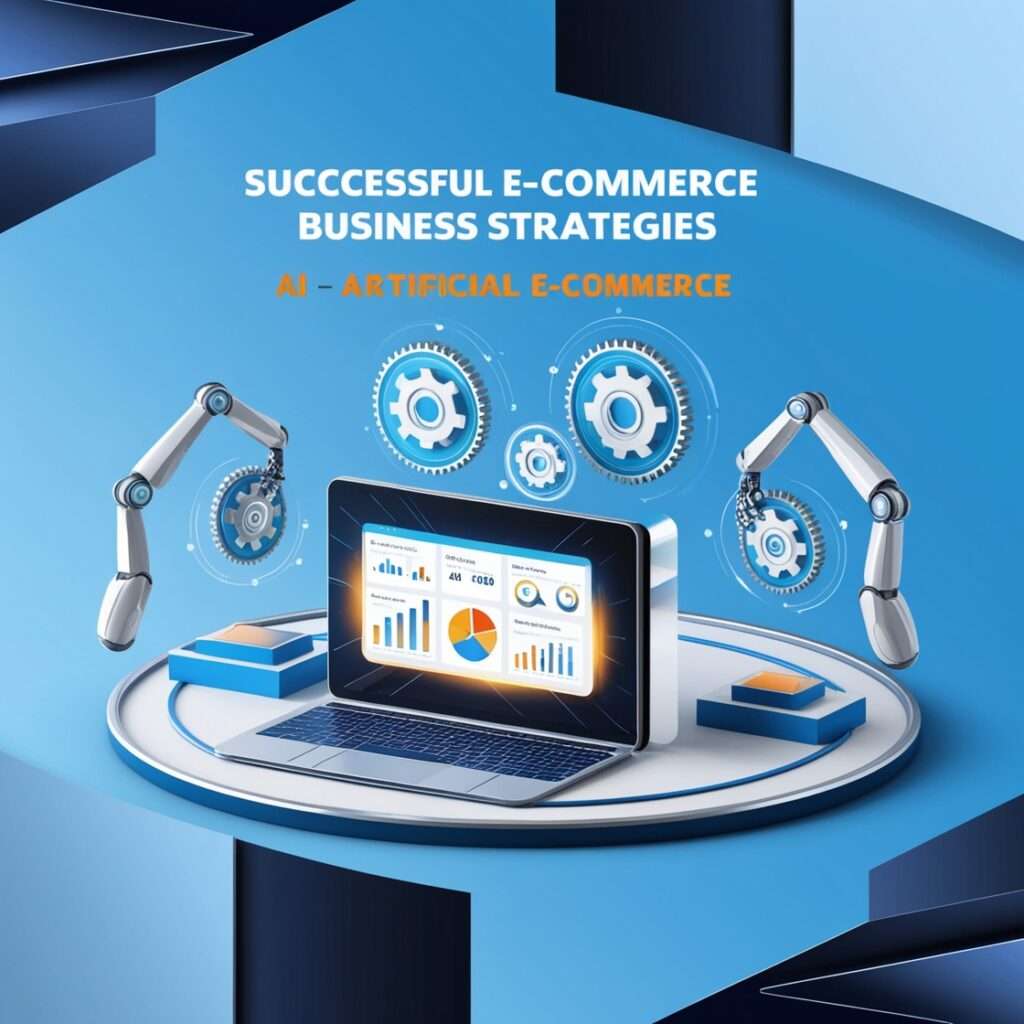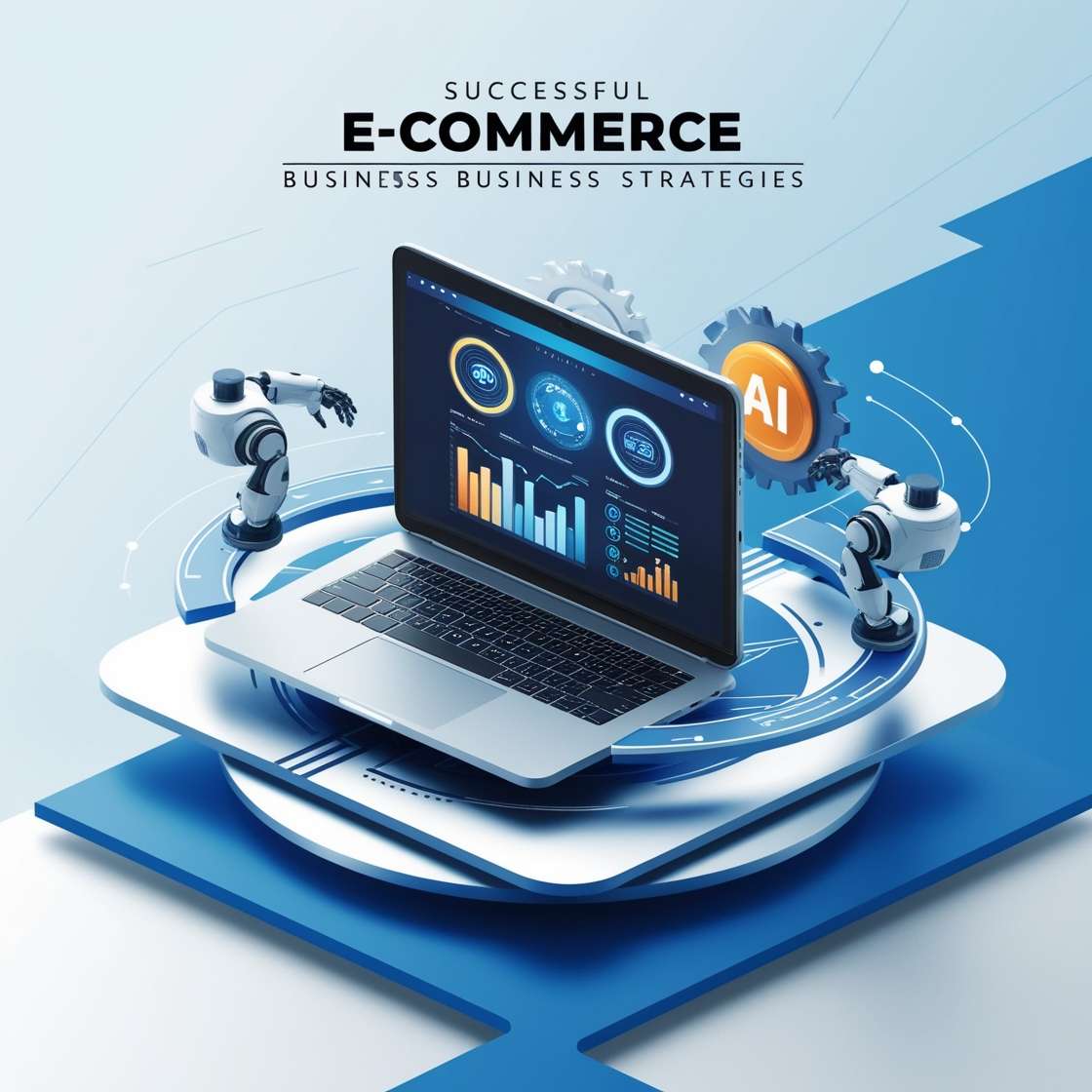Successful E-commerce Business Using AI
Today, a range of industries are being utterly transformed using artificial intelligence (AI), and e-commerce is no exception. AI empowers businesses to deliver personalized customer experiences, increase operational efficiencies, and drive revenue while strengthening their bottom line. The complexity arises from the variation in a number of factors, which, if not handled properly, would ruin your e-commerce business.
Why use AI in e-commerce?
And these include competitive benefits of AI technology to e-commerce businesses, in which enterprises shall necessitate the right system and method. AI transforms multiple aspects of the e-commerce process by using data-driven insights and automation.
Personalization: AI gives customized proposals to businesses, which leads to personalized content that includes product suggestions and more relevant marketing messages.
Customer Service Automation: Using chatbots and AI-based support, programs enable instant assistance by the company. thus leading to ease of customer service automation that in turn results in a better user experience.
Inventory Management: Predict Upcoming Demand AI enables businesses to anticipate demand patterns well in advance, thus mitigating excess inventory and stockouts and yielding profits.
Fraud Alerts: The fraud alert system helps to identify fraud transaction activities using machine learning algorithms, which ensure the security of customers as well as businesses.
Building Personalized Customer Experiences
Customization is a mandatory ingredient in good customer acquisition and retention strategies. It is better suited for very precise product recommendations, personalized emails, and dynamic content on a website.
But there are important trade-offs to think about:
Data protection vs. personalization: Though personalization improves engagement, it heavily depends on customer data. Enterprises have to implement stringent data privacy protocols in order to keep breaches at bay and uphold customer trust.
Investment Vs. ROI: Applying AI-powered personalization comes with an initial cost When the dust clears, you need to weigh up those potential costs against what it could do for your sales in future.

Enhancing Customer Support with AI Chatbots
Customer Support: With an AI chatbot, customer support is disrupting because it can provide assistance 24/7 for FAQs and basic transactions. This not only enhances customer satisfaction but also lessens the burden on human support teams.
Round Robins are easier to implement, but there are obvious challenges when implementing AI chatbots:
- Complex queries excel with simplistic inquiries but are poor at answering more complex ones.
- Find the right ratio of automation to human touch: A highly successful support approach involves utilizing automated responses but also ensuring that for more complicated issues a real live agent gets involved.
Optimizing Pricing Strategies with AI
Intelligent pricing tools powered by AI understand market conditions, the prices offered by the competition, and the demand for the product to provide the best pricing recommendations. This dynamic pricing strategy helps e-commerce companies to remain competitive and increase their sales.
When deciding to utilize artificial intelligence for pricing, these factors should be taken into consideration:
Flexibility vs. Consumer Confidence: Price fluctuations might enhance revenues, but consumers may become fatigued from the oscillating prices and refrain from purchasing in the future.
Data Feedback: AI pricing models are constructed taking into account current and accurate data. There will always be some kind of gap in the data pipeline, and without it, businesses will expose themselves to the possibility of pricing the goods at inappropriate levels, which will affect the bottom line adversely.






